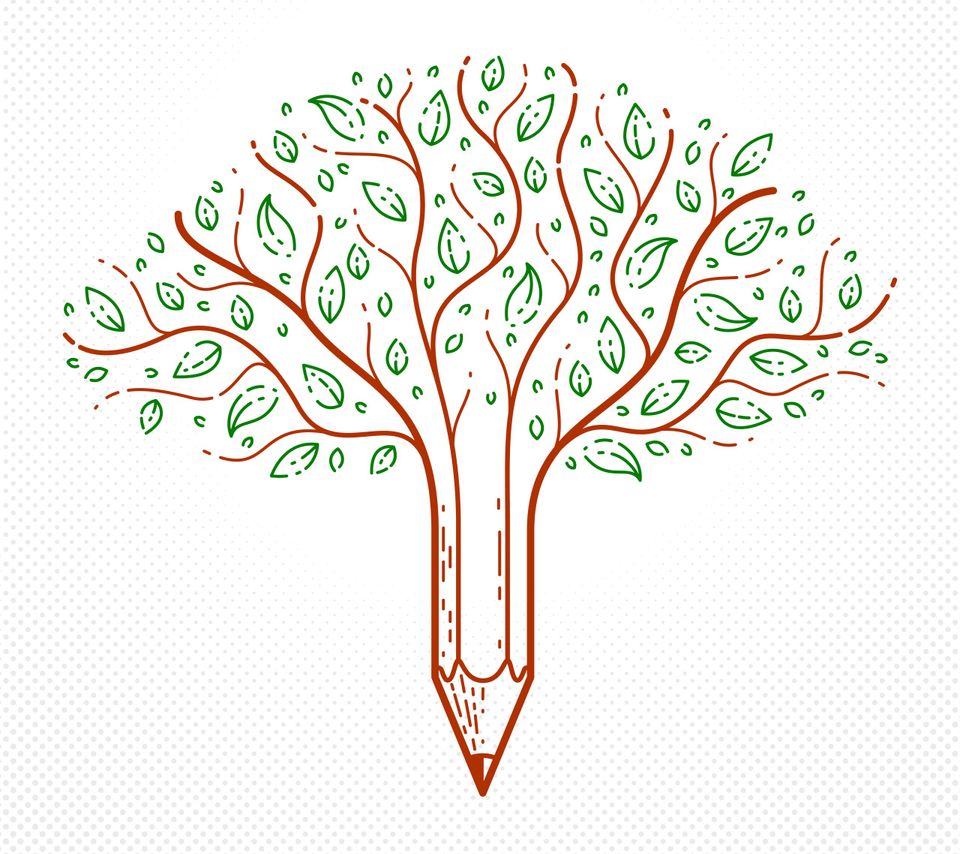Writing Is a Science-Backed Way to Heal Your Soul

It felt like a tyrant was cracking a whip in my head.
I was having a depressive episode a few years back. I was at work, so I was trying hard to keep my composure.
A thousand thoughts were eating me up. I had no outlet, and I didn’t see many options for dealing with it. In retrospect, I should have just spoken to someone, but I discovered something important in what I did next.
Not knowing what else to do, I took out my phone, opened a random note-taking app, and started writing. I wrote the exact thoughts I was having about myself. I didn’t argue with them. I didn’t try to analyze them. I just expressed. Here’s an abridged, PG-13 version of what I was saying. It wasn’t pretty:
Your life is fine you selfish f***. You’re f****** nothing compared to people who actually suffer. You’re just an un-appreciative. You don’t deserve anything. You’re f****** nothing.
I wrote it all out in about 30 seconds. I read it back to myself.
……
I snickered.
Then I actually started laughing.
I remember thinking, “This has to be the cruelest thing any person has said to anyone, ever. No one. Not even the worst guy you can imagine could come up with something this mean. This is truly vile. I deserve an award for this.”
And then, I felt better. The heaviness I was feeling got a little lighter. I had stepped out of my head and gotten context for what I was feeling. For at least a moment, I could see the absurdity of what I was doing to myself. All I did was write it out and take an honest look.
Writing Is a Multipurpose Tool
Henry Rollins, a prolific writer and former frontman of Black Flag, says:
“It can be like a meditation. You can write to yourself. You can be as angry as you want. You could make up anything you want. You are never freer than when you are putting it down.”
I was having a hard time figuring out what it is about writing that facilitates healing, but I came up with a few ideas.
- Writing is a tool for self-understanding. It’s taking whatever is burning you up inside and removing it for observation. It’s a way of getting something off your chest without saying it to someone else. And it’s a way of listening to what your (forgive the woo woo talk) inner self is trying to say.
- Writing is a tool for organizing your thoughts. It helps you get to the root of the problem. Getting something on paper, at least in my experience, halts the process of rumination. A thought on paper is already said. It doesn’t need to be retread over and over again.
- Writing is a tool for revealing things you aren’t aware of, specifically freewriting. Freewriting is writing without stopping. You choose a topic, set a timer, and do not stop writing until the timer is up. If you can’t think of what to write next (you shouldn’t be thinking anyway), you repeat words or write jibberish until you do.
You can do this with an issue you’re having or anything that’s bothering you.
I used to freewrite 1000 word journal entries every morning. By the end of the freewrite, things came out of me I didn’t know were there. And I would feel distinctly different than when I started.
Writing can make a tangible difference in your mental health, and it’s the best outlet for your intuition to come forward.
Science Supports Writing
According to an article published by The British Journal of General Practice, writing heals, but no one is sure why. Here are the theories:
- Writing is a direct form of self-expression. And self-expression is thought to be healing in itself.
- Writing allows you to process painful memories in a way that brings clarity. This leads you to see the world in a more integrated way.
- Writing allows you to create a personal narrative in which you can discover meaning in your experiences.
Jordan Peterson, a popular clinical psychologist, emphasizes writing is no different from thinking. If you can write effectively, you can think effectively. And if you can think effectively, you can solve problems. Including your own.
Writing helps to unravel the mystery of why you do the things you do. And in the process, you can stumble upon the origins of your pain. You can’t put a price on that kind of insight.
Writing is your tool for cleaning out the gunk. It’s your flashlight for bringing clarity. It’s your voice for speaking pain. It’s your way of understanding the world, and your magnifying glass for making personal discoveries.
All that chaos in your head needs to come out. You can’t just let it swim around in there. So write it out when it hurts. It makes a difference.



